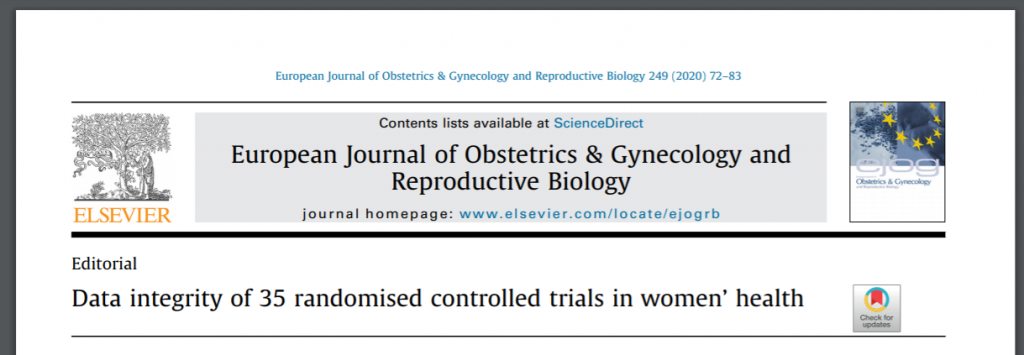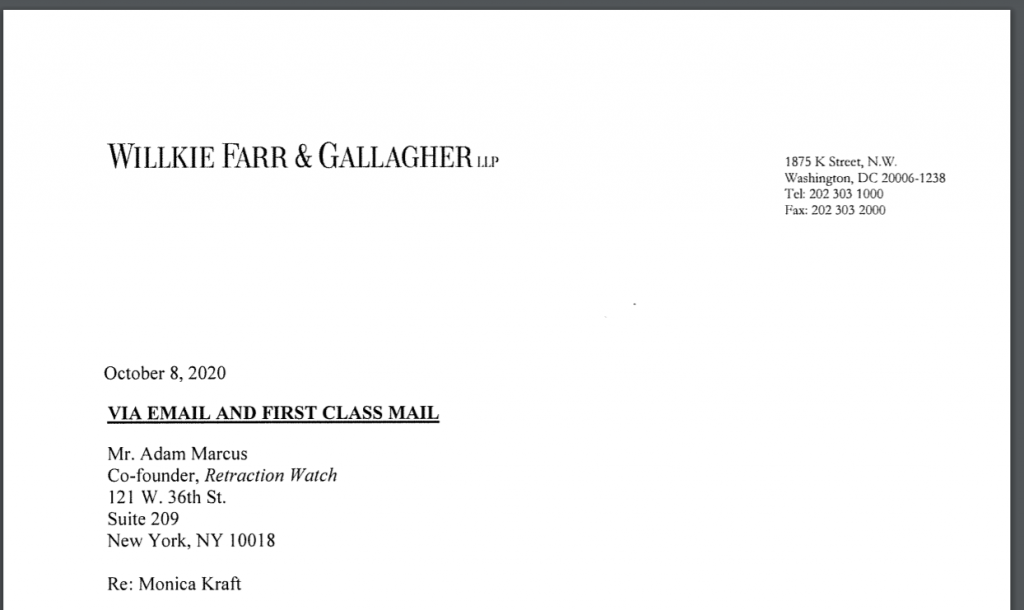
Before we present this week’s Weekend Reads, a question: Do you enjoy our weekly roundup? If so, we could really use your help. Would you consider a tax-deductible donation to support Weekend Reads, and our daily work? Thanks in advance.
The week at Retraction Watch featured:
- Researchers face disciplinary action as dozens of their studies fall under scrutiny
- Journal retracts paper claiming that group of Indigenous Americans were Black Africans
- In which a researcher named Das plagiarizes from another researcher named Das, one with 20 retractions
- The bizarre anti-vaccine paper a Florida professor has been trying to have retracted to no avail
- Study finding patients of female surgeons fare better is temporarily removed
Our list of retracted or withdrawn COVID-19 papers is up to 36.
Here’s what was happening elsewhere:
Continue reading Weekend reads: How retracted work continues to spread; claims of PhD thesis plagiarism in the wine industry; Brexit and research integrity






